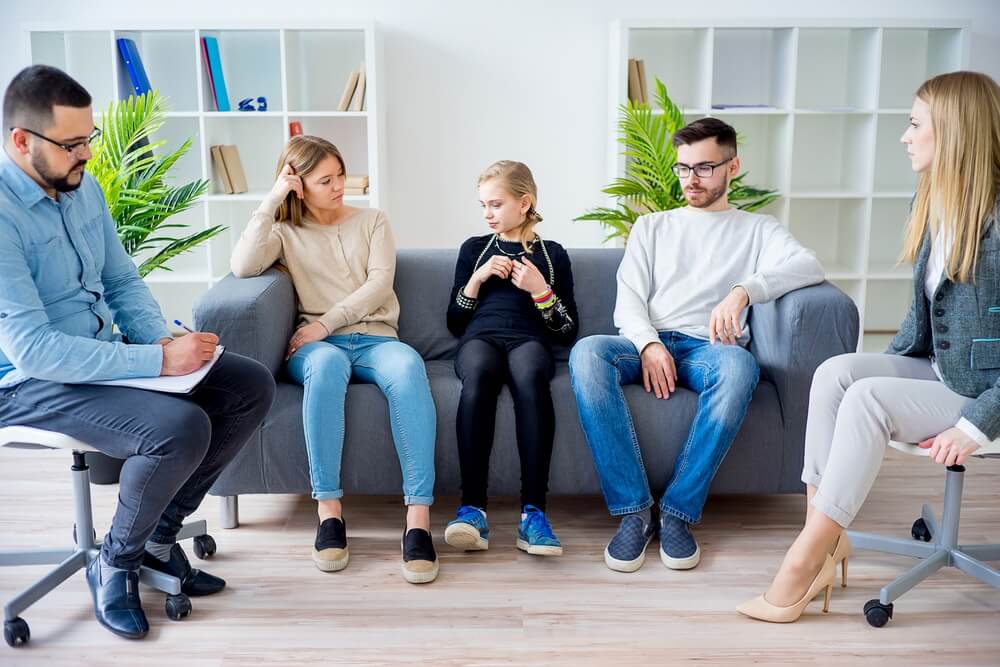Aftercare programs are a critical component of the recovery process, providing essential support to individuals as they transition from a structured rehab environment to independent living. Effective aftercare helps maintain sobriety, prevent relapse, and promote long-term recovery success. Here’s a guide to highlighting the importance of aftercare programs and discussing the aftercare services offered at your rehab center:
1. The Importance of Aftercare Programs
Continued Support: Aftercare programs provide ongoing support, which is crucial for individuals who have completed primary treatment. This continued support helps reinforce the skills and strategies learned during rehab.
Relapse Prevention: Aftercare services focus on relapse prevention by helping clients identify triggers, develop coping mechanisms, and establish a robust support network.
Transition to Independent Living: Transitioning from a structured rehab environment to independent living can be challenging. Aftercare programs ease this transition by offering gradual steps toward independence while maintaining support.
Long-Term Recovery Success: Sustained engagement in aftercare programs significantly increases the likelihood of long-term recovery success. These programs help individuals build resilience, maintain motivation, and navigate challenges in their daily lives.
2. Types of Aftercare Services
Individual Counseling: Regular one-on-one counseling sessions provide personalized support, allowing clients to address ongoing issues, set goals, and receive guidance from their therapist.
Group Therapy: Group therapy sessions offer a supportive environment where clients can share experiences, gain insights, and build connections with others in recovery.
Family Therapy: Family therapy sessions continue to address family dynamics, improve communication, and strengthen relationships, providing a supportive foundation for the client’s recovery.
Support Groups: Participation in support groups, such as Alcoholics Anonymous (AA), Narcotics Anonymous (NA), or other peer-led groups, helps clients stay connected with a community of individuals who share similar experiences.
Sober Living Homes: Sober living homes provide a structured and supportive living environment for individuals transitioning from rehab to independent living. These homes offer accountability, peer support, and a substance-free environment.
Life Skills Training: Aftercare programs often include life skills training, covering areas such as job readiness, financial management, time management, and healthy lifestyle choices.
Holistic Therapies: Continued engagement in holistic therapies such as yoga, meditation, art therapy, and exercise programs supports overall well-being and stress management.
3. Aftercare Services Offered at Our Rehab Center
Personalized Aftercare Plans: Our rehab center creates individualized aftercare plans tailored to each client’s unique needs, ensuring a comprehensive approach to their continued recovery.
Regular Counseling Sessions: We offer regular individual and group counseling sessions to provide ongoing support, address challenges, and reinforce recovery strategies.
Family Involvement: Our aftercare program includes family therapy sessions to strengthen family relationships and provide a supportive environment for the client’s recovery.
Peer Support Groups: We facilitate access to peer support groups, both within our center and in the community, to help clients stay connected and receive ongoing encouragement.
Sober Living Arrangements: For clients who need a transitional living environment, we provide referrals to reputable sober living homes that offer structure and support.
Life Skills Workshops: Our aftercare program includes workshops on essential life skills, helping clients build confidence and independence as they reintegrate into daily life.
Holistic Wellness Programs: We offer ongoing access to holistic wellness programs, including yoga, meditation, and fitness classes, to support physical and mental well-being.
Relapse Prevention Planning: We work with clients to develop and regularly update relapse prevention plans, identifying triggers, coping strategies, and emergency contacts.
Alumni Programs: Our alumni programs keep former clients connected to our community, offering regular events, support meetings, and opportunities to mentor new clients.
4. Creating a Strong Support Network
Building Connections: Encourage clients to build a strong support network that includes family, friends, peers in recovery, and professionals.
Community Involvement: Promote involvement in community activities, volunteer work, and hobbies that provide a sense of purpose and fulfillment.
Ongoing Education: Offer educational resources and workshops on topics such as stress management, healthy relationships, and personal development.
Conclusion
Aftercare programs are essential for supporting long-term recovery success. By providing continued support, relapse prevention, and a smooth transition to independent living, aftercare services help individuals maintain sobriety and thrive in their recovery journey.
At our rehab center, we are committed to offering comprehensive aftercare services that address the unique needs of each client. Our personalized aftercare plans, regular counseling sessions, family involvement, peer support groups, sober living arrangements, life skills workshops, holistic wellness programs, relapse prevention planning, and alumni programs provide a robust foundation for lasting recovery.




















